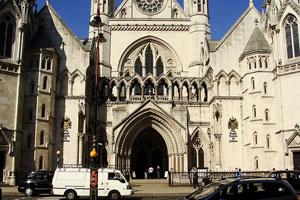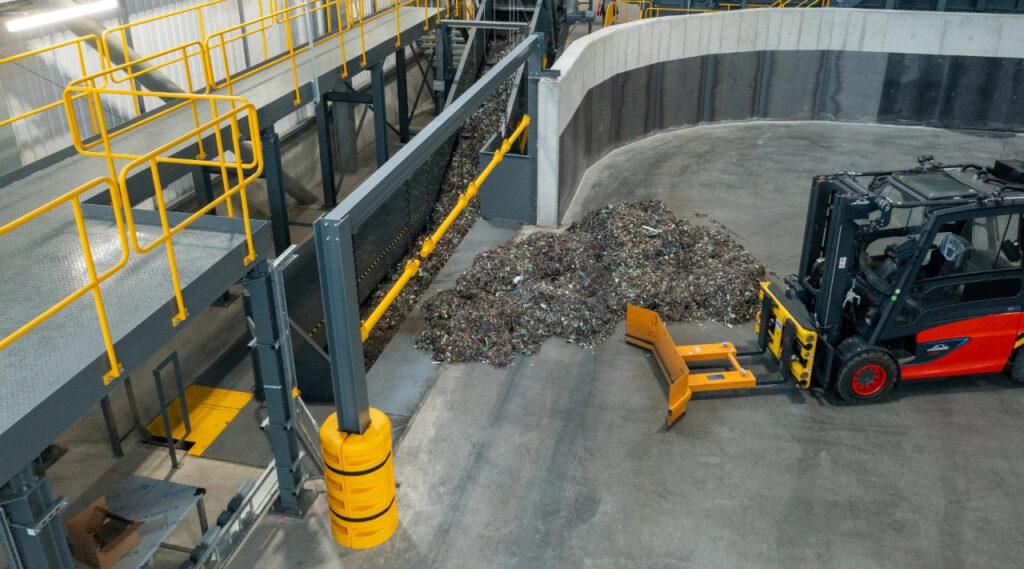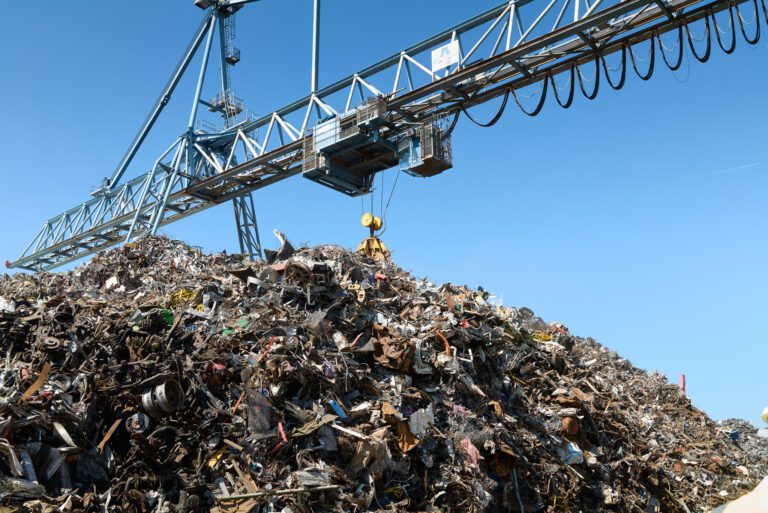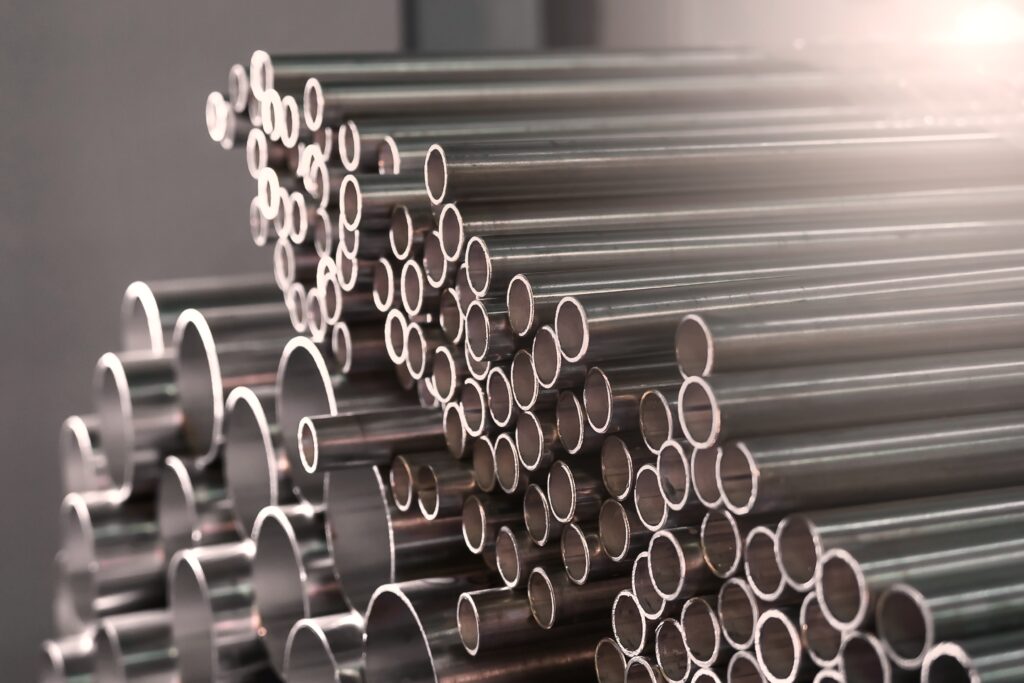Andre Serruys, 53, faced allegations that the business was effectively worthless, when he sold it to SITA UK Group Holdings Ltd for £91.5 million.

After six weeks in London's High Court (see letsrecycle.com story), Mr Justice Davis was told this morning (November 22) that a strictly confidential settlement of the dispute had now been agreed. If there had been no such agreement, the case was expected to continue well into the new year.
Mr Serruys and his company, SPC (Norwich) Ltd, were being sued by French-owned waste management giant SITA UK Group Holdings Ltd, which claimed that no “honest buyer” would have paid a penny for Easco, had they known the truth.
During the case, SITA's counsel, Anthony Temple QC, claimed Easco was “replete with dishonest practices and built on a dishonest business model”.
Accusations
But Adrian Beltrami QC, for Mr Serruys and SPC, said SITA's “unrestrained” and “extravagant” accusations “ought never to have been made”.
He denied that there was “widespread and endemic fraud within Easco” or that that was in any way “organised and encouraged” by Mr Serruys.
The allegations “of the gravest nature” against Mr Serruys were groundless and Mr Beltrami told the court SITA's case – that Easco was “a thoroughly corrupt business” – was built on a “catalogue of paradoxes” and “inherent improbability”.
Mr Beltrami also accused SITA of “opportunism” and trying to get “a successful and thriving business” – Easco – effectively for free.
Mr Serruys, who lives at Stanfield Hall, near Wymondham, Norfolk, told the court that if, as SITA claimed, Easco Group had been “engaged in systematically cheating” its suppliers and customers that “would have been obvious” to all of them.
Speaking of the many clients with which Easco regularly dealt, he told the court: “Those companies were not fools and they had their own careful checks in place. They continued to do business with Easco because they were happy with the service provided.”
Mr Serruys also condemned as “ridiculous and entirely unfounded” suggestions from SITA that Easco employees were “afraid” of him.
Scrap
Mr Serruys denied that a list of business practices criticised by SITA were dishonest and told the court that Easco was “in general, a large, modern and progressive scrap company that probably conducted fewer cash transactions than most scrap companies.”
The businessman described how, having followed his father, Harry, into the scrap industry at a very early age, he built up Easco until it entered “the big league” between 2002 and 2005.
By early 2006, the company was operating from 13 sites nationwide, employed nearly 300 staff and had a fleet of about 100 vehicles.
Mr Serruys agreed that Easco's management structures had “grown in rather a haphazard manner” during the company's period of dramatic growth, but said the company nevertheless made “healthy profits” which justified its £91.5 million price tag.








Subscribe for free